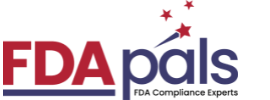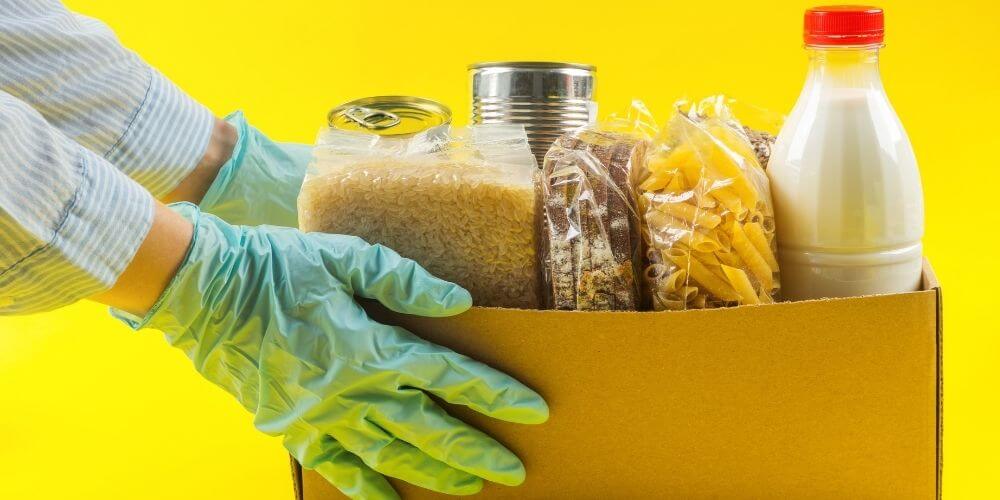What is FSMA ?
FSMA certification or Food Safety Modernization Act is FDA’s most sweeping food safety law in the last 70 years. The focus of this act is to prevent food safety issues in the U.S food supply chain. FSMA is a comprehensive network of the United States food safety regulatory framework. It touches every segment of the produce business supply chain from farm-to-fork.
The Food Safety Modernization Act (FSMA) is a federal law that ensures the safety of the food supply in the United States. It was passed in 2011, and has been in effect since January 1, 2015.
Who needs to Comply with FSMA Act ?
The first thing to know is that FSMA doesn’t require you to comply unless you’re a “producer” or “processor.” A producer is someone who grows crops, raises animals or fish for human consumption, or harvests seafood. A processor is anyone who transforms food products into other forms for human consumption.
If you are a farmer, manufacturer or an importer who handles, produces, manufactures, packages, stores, or transports food, then you need to abide by the FSMA rules. The FDA has issued a series of new regulations with seven major rules –
- Preventive Control Rule for Human Food
- Preventive Control Rule for Animal Food
- Standards for Produce Safety
- Foreign Supplier Verification Program
- Third-Party Certification Program
- Sanitary Transportation Rule
- Intentional Adulteration Rule
How to comply with FSMA ACT ?
To comply with the FSMA you need to have a written food safety plan, hazard analysis, preventive controls, monitoring, corrective actions and corrections, verification, supply-chain program, recall plan, and associated records in place.
A written food safety plan should be developed and updated annually. This plan should describe how your company will identify and control hazards that may make your product unsafe to eat. Your plan should also describe how you will monitor this process to ensure its effectiveness.
The process for FSMA compliance is as follows –
- Prepare a food safety plan – Documents include hazard analysis, preventive controls, monitoring procedures, corrective action procedures, and verification procedures
- Train and qualify – You need to have trained and skilled individuals for developing your food safety plan
- Perform Hazard Analysis – Identify and assess all potential hazards in your food facility or food itself – Biological hazards, chemical hazards, physical hazards, radiological hazards, pesticides, natural toxins, drug residues, parasites, allergens, decomposition, unapproved food and color additives, or hazards that are naturally or unintentionally introduced
- Develop and implement preventive control measures
- Monitor your process and submit your documents to the US FDA
How can FDApals help?
FDApals can help you with your regulatory strategy. We will provide you with a comprehensive overview of the regulations surrounding food and beverage products, as well as a clear understanding of how to comply.
We can help you with everything from pre-market applications to post-market surveillance and compliance. Our services include:
- We at FDApals can assist you to complete your filing as per the FSMA rules.
- Gear up your Facility for an FDA Inspection.
- Training of Manpower with Respect to HACCP and FSMA
- Drafting of Quality Manual and SOPs
- Having an experience of 35 years in this field, we can help you come up with a proper protocol that abides by Food Safety Plans, HACCP plans, Food Defense Plans, FSVPs for importers and a lot more.

